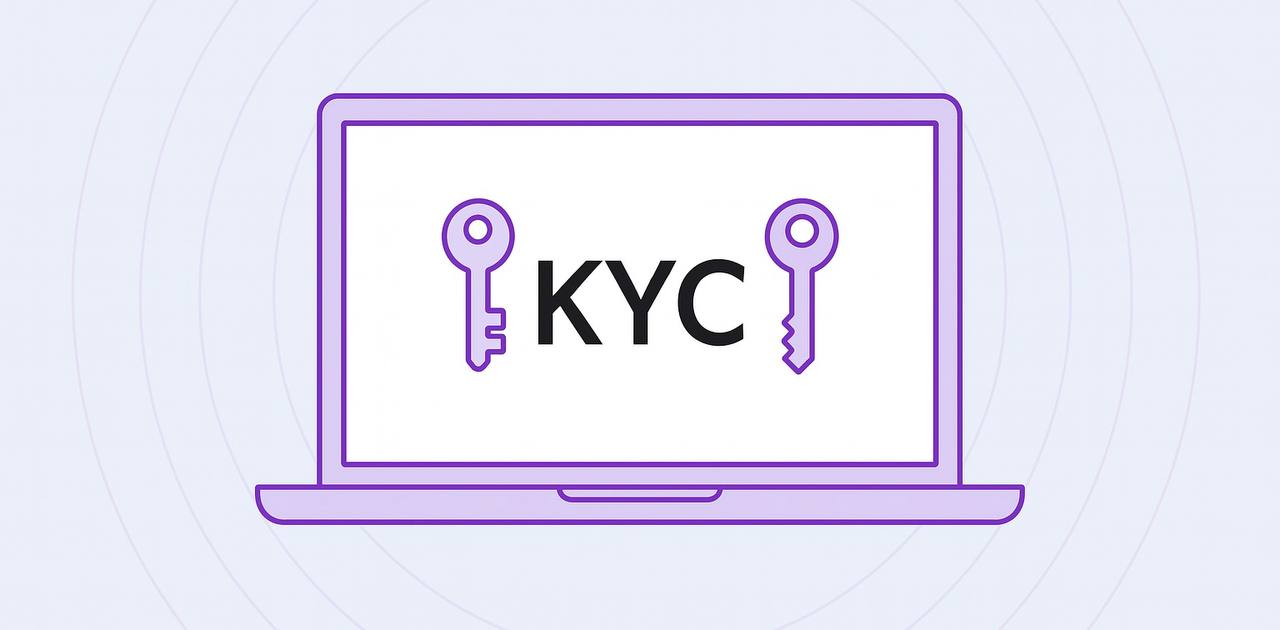As the app monetization ecosystem evolves, understanding the KYC requirements and how to stay compliant is essential for ensuring that app developers, advertisers, and users are protected. This is where SDK providers like Infatica play an essential role in simplifying these processes.
KYC and Compliance in Monetization: Why It Matters
KYC regulations, combined with tax compliance laws, form the backbone of secure app monetization. They ensure that developers are collecting the right information to prevent fraud, money laundering, and tax evasion. This is especially important when monetizing apps on platforms like Google Play, Apple’s App Store, or other global marketplaces, where non-compliance with ad transparency and privacy standards can result in penalties or account suspension.
In the monetization ecosystem, SDKs often handle the financial and data management aspects of app integration, meaning they need to be equipped to process and store sensitive information securely. By adhering to KYC standards, these SDKs help developers avoid legal risks while also offering their users a secure and transparent experience.
Infatica’s SDK goes a step further by automating the process of collecting and verifying KYC data. Through streamlined integrations, developers can ensure that all required documents, including tax forms and business identification, are properly submitted and processed before any monetization partnership begins. This automation helps avoid delays, reduce the risk of errors, and ensure ongoing compliance, making the monetization process smoother for both developers and partners.
Key Compliance Documents for Monetization SDKs
When integrating monetization SDKs, there are several key documents that must be collected and verified to ensure compliance. These documents serve as proof of identity and business legitimacy, and they are crucial in preventing fraud and maintaining transparent business operations.
- W-8/W-9 Forms: For developers working with US-based partners, these forms are essential for tax reporting. The W-8 form is used by foreign individuals and entities to certify their foreign status, while the W-9 form is used by US residents or entities to provide their taxpayer identification number (TIN). These forms are important for proper tax reporting, ensuring that the right amount of tax is withheld on earnings. For more details on these forms, refer to the IRS guidelines on W-8.
- Know Your Business (KYB): Similar to KYC, KYB verifies the legitimacy of businesses, ensuring they are properly registered and compliant with local regulations. This process requires submitting business registration documents, proof of address, and tax identification numbers. Learn more about KYB verification processes from sources like The Compliance Group.
- Tax Identification Numbers (TIN): Depending on the region, the TIN is required to verify tax obligations and ensure that any income generated through monetization is properly reported. This number helps ensure that developers comply with local tax laws and avoid penalties for non-compliance.
Infatica’s SDK simplifies the process by automatically collecting and verifying these documents as part of its seamless integration. Developers can focus on other aspects of their apps, while Infatica ensures that all compliance requirements are met, reducing the administrative burden.
Infatica SDK: Automating Compliance and Streamlining Onboarding
Infatica SDK makes compliance easy for developers by automating many of the traditionally cumbersome processes involved in onboarding and verifying partners. Here’s how it works:
Infatica’s SDK automatically collects and verifies the necessary KYC and tax documents as soon as a developer initiates a monetization partnership. Instead of manually managing document submission and approval, developers can rely on Infatica’s automated system to handle these tasks securely.
Once the required documents are submitted, Infatica’s system processes and verifies them quickly. If there are any issues with the documents, developers are notified instantly, enabling them to address problems without delays. This process ensures that developers can onboard partners quickly and efficiently, without sacrificing compliance standards.
Moreover, Infatica’s approach to compliance is designed with user privacy in mind. The SDK adheres to strict standards like GDPR (General Data Protection Regulation) and CCPA (California Consumer Privacy Act), ensuring that all user data is handled securely and transparently. This adherence to data protection standards gives developers peace of mind, knowing that they are complying with local regulations while safeguarding user data.
Step-by-Step Process for KYC Verification with Infatica SDK
1. Document Collection: Developers begin the process by submitting the required tax forms (W-8/W-9) and business identification documents (KYB). Infatica’s SDK interface simplifies this step, making it easy to gather the necessary documentation.
2. Verification Process: After submission, Infatica’s system automatically processes and verifies the documents.
If any information is missing or incorrect, developers are promptly notified, and they can easily fix the issue before moving forward.
3. Approval and Integration: Once all documents are verified, the developer’s account is approved for monetization. A confirmation email or approval letter is generated, which can be shared with partners. This approval ensures that all partners are compliant with necessary legal requirements.
4. Ongoing Monitoring: Infatica continues to monitor compliance in real-time, ensuring that developers remain compliant with tax and KYC regulations as they grow their monetization efforts. This proactive monitoring prevents potential issues from escalating and keeps developers focused on scaling their apps.
The Role of SDK Monetization Models in Reducing Risk
Recent changes to Google Play’s advertising rules, including those around ad transparency and data privacy, have made it more important than ever for developers to ensure compliance. Infatica’s SDK is designed to help developers navigate these new rules with ease. By automating compliance with Google’s new transparency requirements, Infatica helps developers stay in line with changing policies, minimizing the risk of penalties.
Additionally, Infatica’s SDK supports a variety of monetization models, including alternative methods to traditional ads. These models are particularly useful in light of Google’s new guidelines, which encourage non-intrusive monetization techniques. Infatica offers a “silent monetization” model that operates seamlessly in the background, without interfering with user experience, addressing common concerns about battery usage or performance slowdowns.
For more on the shift in Google’s app monetization policies, check out this TechCrunch article.

Measuring Monetization Success with Key Metrics
To successfully monetize an app, developers need to track important performance metrics. Infatica’s SDK provides tools to measure key metrics like:
- ARPDAU (Average Revenue Per Daily Active User): A measure of how much revenue an app generates on a per-user basis.
- LTV (Lifetime Value): A prediction of the total revenue that a user will generate over the lifetime of their relationship with the app.
- eCPM (Effective Cost Per Thousand Impressions): A metric used to evaluate the cost-effectiveness of advertising and monetization strategies.
According to AppsFlyer’s latest report, SDK-based monetization strategies are expected to see an increase in LTV by 20%, as developers leverage automated tools like Infatica’s SDK to streamline the process of monetization and compliance.
Case Study: Infatica SDK in Action
To demonstrate the effectiveness of Infatica SDK, consider a puzzle game that integrated the SDK. After implementing Infatica’s monetization tools, the game saw a 15% increase in revenue within just two months. This success was achieved without any noticeable impact on app performance or battery life, addressing common concerns from skeptical developers about the resource demands of SDK integrations.
Furthermore, Infatica’s SDK helped ensure compliance with Google Play’s ad transparency requirements, allowing the developers to maintain their app’s standing without worrying about violations of ad policies.
